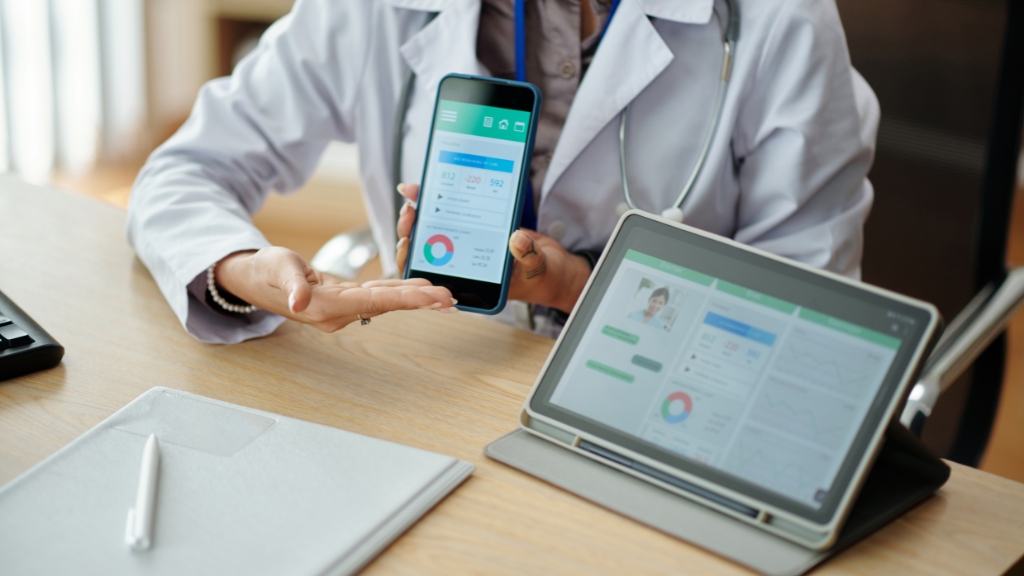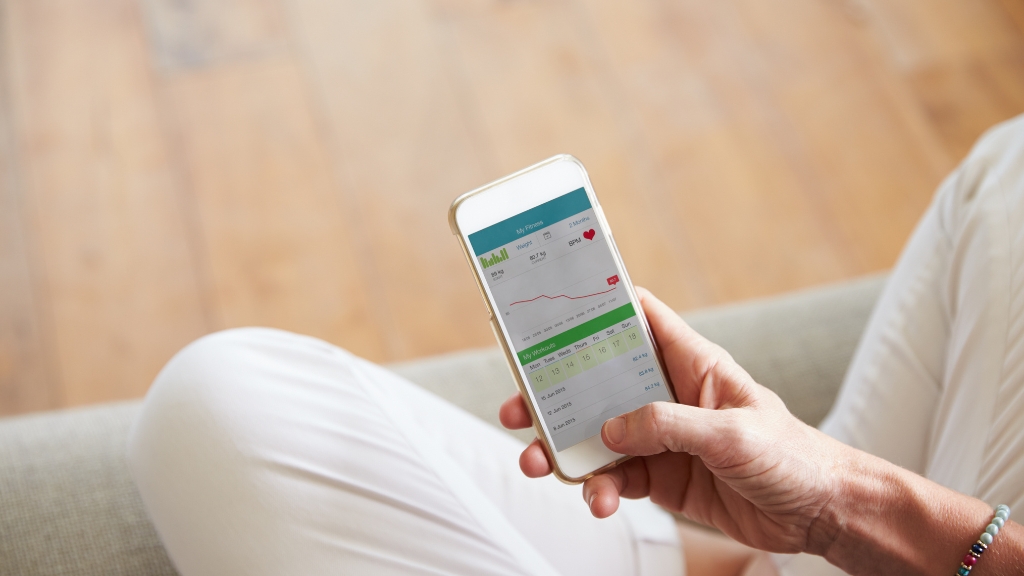
Managing Your Health with Technology Healthcare Apps Unveiled
In today’s digital age, managing your health has never been more accessible thanks to technology. Healthcare apps are revolutionizing how we track, manage, and improve our well-being. Whether you’re looking to monitor your fitness, manage chronic conditions, or stay on top of your mental health, there’s an app for nearly every aspect of health management. Here’s a closer look at how healthcare apps are changing the game and how you can leverage them to enhance your health.
1. Fitness and Exercise Apps
Fitness and exercise apps are designed to help you stay active and reach your fitness goals. These apps often offer personalized workout plans, track your exercise routines, and provide motivation through challenges and achievements. Popular apps like MyFitnessPal, Strava, and Fitbit integrate with wearable devices to monitor your activity levels, heart rate, and even sleep patterns, helping you stay informed about your physical health.
2. Diet and Nutrition Apps
Eating a balanced diet is crucial for maintaining overall health, and diet and nutrition apps can assist you in making healthier choices. Apps like MyPlate and Yazio allow you to track your daily food intake, set nutritional goals, and receive meal suggestions based on your dietary preferences and restrictions. By logging your meals and tracking your nutrient intake, you can make informed decisions and achieve your dietary goals more effectively.
3. Chronic Condition Management Apps
For individuals managing chronic conditions such as diabetes, hypertension, or asthma, specialized apps can offer valuable support. Apps like MySugr for diabetes management and Blood Pressure Companion for hypertension enable users to monitor their conditions, track symptoms, and manage medications. These apps often include features for logging health data, setting reminders for medication, and accessing educational resources to help you stay informed and in control of your condition.
4. Mental Health and Wellness Apps
Mental health apps are becoming increasingly popular for those seeking support and resources for emotional well-being. Apps like Headspace and Calm offer guided meditation, mindfulness exercises, and relaxation techniques to help reduce stress and improve mental clarity. Additionally, mood tracking apps like Moodfit and Daylio enable users to monitor their emotional states and identify patterns, which can be useful for managing mental health over time.
5. Telehealth and Virtual Consultation Apps
Telehealth apps have transformed how we access medical care by allowing virtual consultations with healthcare professionals. Apps like Teladoc and Amwell connect users with doctors and specialists through video calls, enabling remote diagnoses and treatment plans. This convenience is particularly beneficial for non-emergency consultations, follow-up appointments, or when accessing healthcare in rural areas.
6. Medication Management Apps
Staying on top of medication schedules can be challenging, especially for those on multiple prescriptions. Medication management apps such as Medisafe and Pill Reminder help users track their medication intake, set reminders for doses, and monitor refills. These apps often include features for logging side effects and interactions, ensuring you adhere to your prescribed regimen effectively.
7. Health Monitoring Apps
Health monitoring apps provide users with real-time data on various health metrics. Apps like Apple Health and Google Fit aggregate information from different health devices and apps, providing a comprehensive view of your health. They can track everything from physical activity and heart rate to sleep patterns and even reproductive health, helping you maintain a holistic view of your well-being.
8. Personal Health Record Apps
Personal health record (PHR) apps allow you to store and manage your medical history and health records in one secure location. Apps such as MyChart and Microsoft HealthVault enable users to access their medical records, view lab results, and share information with healthcare providers. Having a centralized record can improve communication with your doctors and streamline your healthcare management.
9. Wellness and Lifestyle Apps
Beyond traditional health tracking, wellness and lifestyle apps focus on holistic well-being. Apps like Lifesum and Noom combine elements of diet, fitness, and mental health to promote overall wellness. These apps often include goal-setting features, personalized recommendations, and educational content to help you lead a balanced and healthy lifestyle.
10. Sleep Tracking Apps
Quality sleep is essential for good health, and sleep tracking apps can help you understand and improve your sleep patterns. Apps like Sleep Cycle and Pillow analyze your sleep cycles and provide insights into your sleep quality. They often offer recommendations for improving sleep habits, such as optimal bedtimes and relaxation techniques.
Healthcare apps are empowering individuals to take charge of their health with greater ease and precision. By integrating these tools into your daily routine, you can better manage your fitness, diet, chronic conditions, mental well-being, and overall health. Embrace the technology available and make informed decisions to enhance your health and quality of life.
Leave a Reply
- AI in Diagnostics: Revolutionizing Early Detection and Accuracy
- How AI and Advanced Analytics Are Transforming Healthcare Outcomes
- Investing with Confidence: The Role of ROI Calculators
- How ROI Calculators Drive Data-Driven Business Strategies
- The Ultimate Guide to ROI Calculators for Business Success
- Making Sense of ROI Calculators: A Comprehensive Guide
- June 2025 (1)
- May 2025 (1)
- October 2024 (2)
- September 2024 (31)
- August 2024 (31)
- July 2024 (27)
- June 2024 (28)
- May 2024 (30)
- April 2024 (33)
- March 2024 (23)
- February 2024 (29)
- January 2024 (3)
- December 2023 (47)
- November 2023 (36)
- October 2023 (23)
- September 2023 (2)
- June 2023 (2)
- May 2023 (13)
- April 2023 (1)




